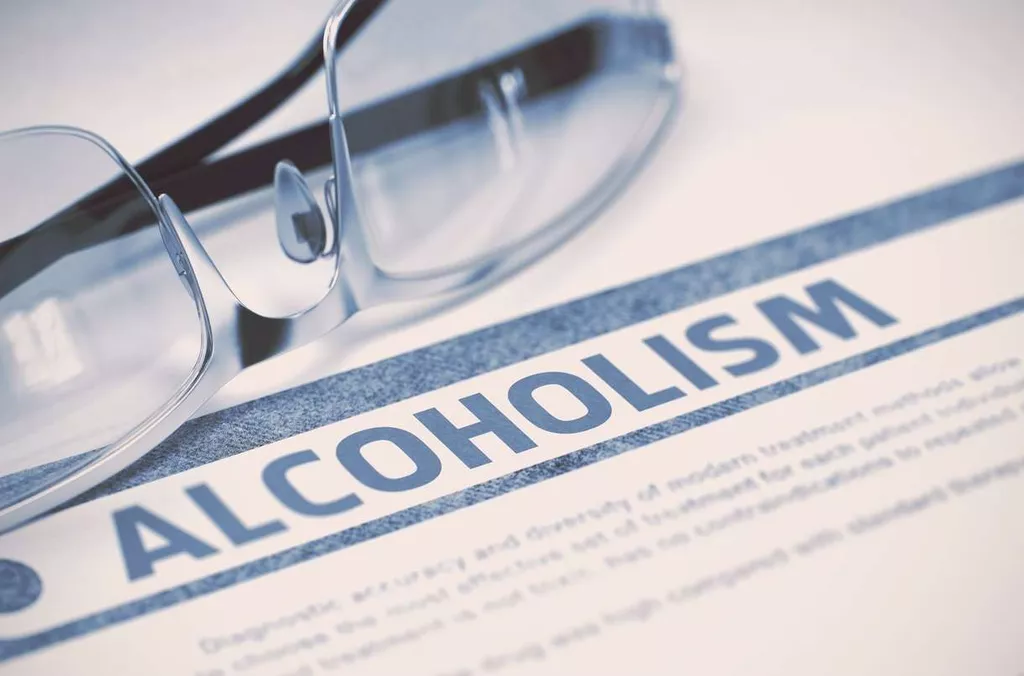
Alcohol is a central nervous system depressant that can interfere with the brain’s ability to process emotions and memories properly. As a result, alcohol use can intensify the severity and frequency of PTSD symptoms, including flashbacks, nightmares, and anxiety. Additionally, alcohol can impair judgment, increase aggression, and negatively impact relationships, further complicating the individual’s overall well-being. Given these complexities, addressing co-occurring PTSD and addiction requires an integrated and individualized treatment approach. Trauma rewires the brain and body’s response to stress, making everyday activities and interactions feel overwhelming. Unfortunately, this can often lead individuals to look for quick fixes to escape their distress—leading some to turn to substances as a form of self-medication.
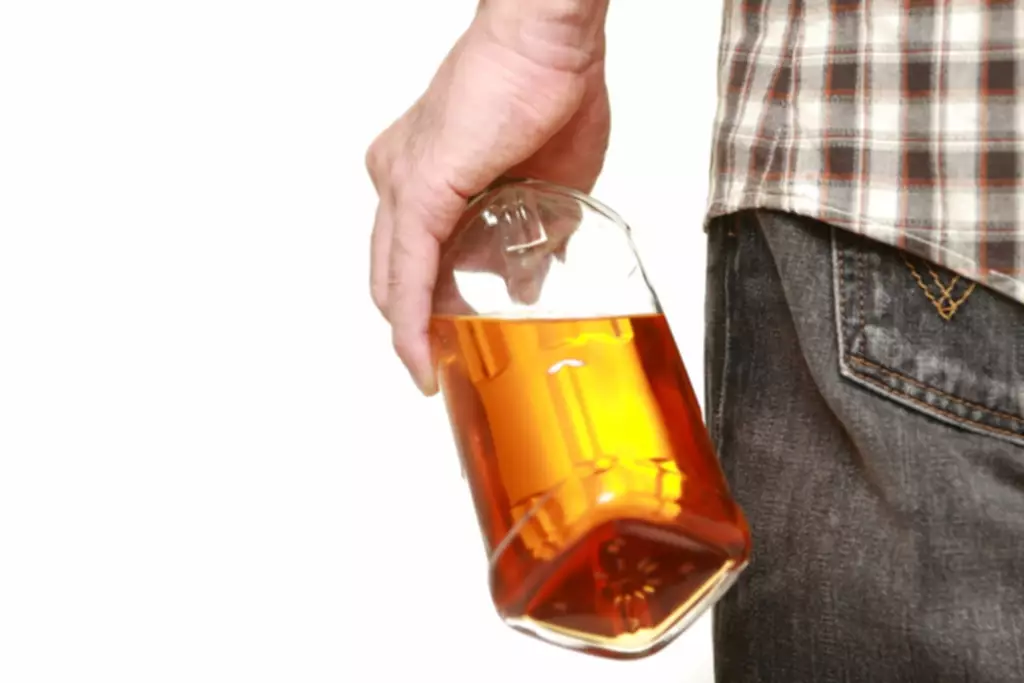
What role does spirituality play in the assessment and treatment of addiction disorders?
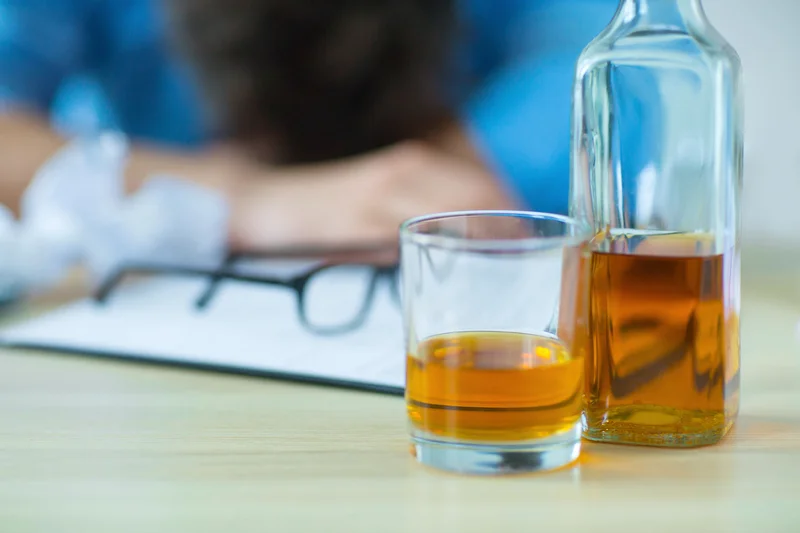
Our free, confidential telephone consultation will help you find the best treatment program for you. The researchers also found that males expressed a biomarker that females did not. A helpful tip for socialising is to call ahead and inquire about alcohol-free options at the venue. With a knowledge of what you can drink, you’ll feel more at ease before arriving, making social interactions more enjoyable and stress-free.
Definition of PTSD (Post-Traumatic Stress Disorder)
In the Brady study, the psychosocial intervention was provided to all participants to treat addiction and the Hien study provided all participants an integrated treatment to address both PTSD and AUD. In contrast, the Foa study used a base behavioral treatment to address AD for all participants and randomized to either receive or not receive an additional behavioral treatment for PTSD (Foa et al. 2013). The one study that did not allow concomitant medication was conducted in a safe and controlled inpatient unit (Kwako et al. 2015). When it comes to understanding the causes of PTSD, it is important to recognize that trauma affects individuals in different ways. While some people may develop PTSD after a single traumatic event, others may experience cumulative trauma over time, leading to the development of the disorder. Additionally, the severity of the trauma can play a significant role in the likelihood of developing PTSD.
- For individuals already struggling with the effects of trauma, these incidents can have devastating physical and mental consequences.
- Certain demographic groups are particularly affected by the dual burden of PTSD and alcoholism.
- Our daily research-backed readings teach you the neuroscience of alcohol, and our in-app Toolkit provides the resources and activities you need to navigate each challenge.
- In this study, the drinking outcomes were confounded by a site difference such that they were better at the site in which a majority of subjects were also in sober housing.
- In other words, you may begin using alcohol as a way to cope with PTSD symptoms, but it becomes a dangerous learned behavior.
Race and Ethnicity Considerations Related to AUD and PTSD
Before these developments, sequential treatment was the Oxford House only form of behavioral intervention employed. Now, individuals with comorbid AUD and PTSD, as well as their health care providers, have additional treatment options available. Overall, clinicians can be reassured that medications approved to treat one disorder can be used safely and with some efficacy in this comorbidity. Addressing both disorders, whether by using a combination of medications to treat each disorder or by combining medication with behavioral treatments seem most likely to be effective. Participants in these trials for the most part improved over time regardless of the interventions.
Couples therapy
- With dedication, support, and appropriate treatment, it is possible to break free from the cycle of trauma and addiction, paving the way for a healthier, more fulfilling future.
- This list of “whys” serves as a powerful reminder of your commitment to positive self-care.
- Those suffering from PTSD can relive their traumatic experiences via flashbacks, nightmares, or distressing memories.
- Other mental or physical health problems often accompany PTSD and drinking problems.
- They can answer your rehab-related questions and discuss your available addiction treatment options.
Alcohol may temporarily relieve anxiety symptoms, but in the long term, it worsens anxiety and can even trigger panic attacks. This can create a vicious cycle where individuals turn to alcohol as a coping mechanism, only to find their anxiety escalating as a result. In addition to liver damage, alcohol abuse can contribute to the development of cardiovascular disease. Studies have shown that heavy drinking can increase blood pressure, weaken the heart muscle, and lead to an irregular heartbeat. These factors, combined with the already heightened stress response in PTSD patients, can significantly increase the risk of heart attacks and other cardiovascular complications. Individuals in community-based spiritual support systems often exhibit greater emotional resilience, contributing to positive behaviors and stronger focuses on long-term recovery goals.
Alcohol can interfere with sleep patterns, increase irritability, and impair emotional regulation, all of which can worsen PTSD symptoms. Additionally, alcohol use can hinder the effectiveness of PTSD treatments, making it more difficult for individuals to process and overcome their traumatic experiences. Among military and veteran populations, the risk for both PTSD and alcohol misuse may vary because of differences in demographic factors, aspects of military culture, and trauma or stress exposure.
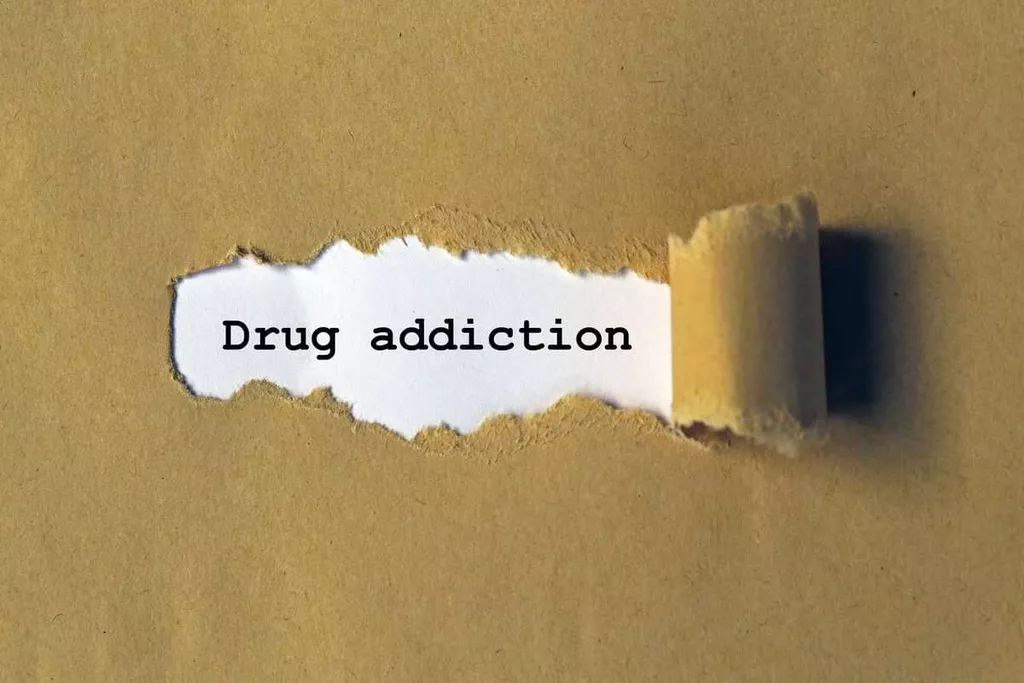
Historical Figures in Addiction Treatment
People with complex post-traumatic stress disorder (CPTSD) often experience chronic emotional distress. Symptoms include emotional dysregulation, intense shame, and a negative self-concept due to prolonged exposure to trauma. Assisting PTSD alcoholic family members may be especially difficult because people aren’t labels, they’re just a loved one struggling with analcohol addiction. However, one of the greatest predictors of positive treatment outcomes is social support. Making a loved one feel supported and understood can increase the likelihood of effective treatment. It may be especially challenging to mention treatment with a PTSD alcoholic spouse because they are a husband or wife, not their disease but by showing care and compassion, you could provide the motivation necessary to begin treatment.
- Alcohol behavioral couple therapy46 and behavioral couples therapy for alcoholism and drug abuse47 are manual-guided (also known as manualized) treatments for AUD that incorporate participation of a significant other or romantic partner.
- Explore marijuana and its psychological impact, from brain function to mental health risks.
- The lifetime prevalence of severe AUD was about 14%, and the past 12-month prevalence was more than 3%.
- The Emerson et al. (2017) study is the first to examine the association between AUD and PTSD in American Indian and Alaskan Natives (AIAN) as compared to non-Hispanic Whites.
- And of course, if someone is using alcohol to mask the symptoms of PTSD, that means they may go longer without realising they have PTSD, so the root cause of the symptoms goes untreated.
- PTSD symptoms also decreased significantly over time, but there were no group differences.
The Importance of Developing Coping Strategies in Recovery
- Other common symptoms include feeling very anxious, emotionally numb, easily irritated, and avoiding places, people, or situations that remind them of what happened.
- However, this “relief” is short-lived and often turns into dependency, creating a vicious cycle where the person feels they need the substance to cope.
- Individuals with PTSD may experience a range of symptoms, including flashbacks, nightmares, severe anxiety, and emotional distress.
- These statistics highlight the need for comprehensive treatment strategies for individuals dealing with both conditions.
Supportive relationships can ptsd and alcohol abuse provide comfort, understanding, and validation, which are essential for healing and resilience. It occurs when the brain’s normal response to stress becomes impaired after a traumatic event. The symptoms of PTSD can vary from person to person, but common triggers include reminders of the traumatic event, such as loud noises, certain smells, or specific locations.

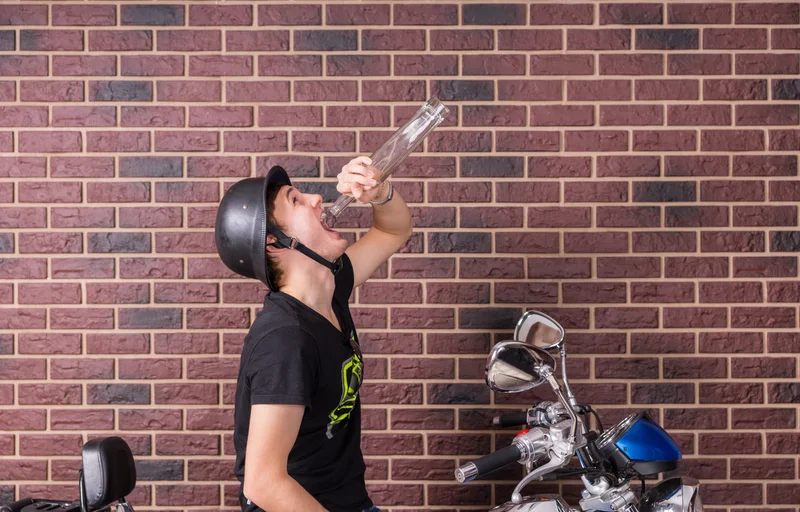
Various studies highlight the benefits of spiritual engagement, such as increased optimism and reduced anxiety levels, which create a more robust foundation for recovery. For instance, studies conducted in treatment settings show that those who undergo spiritual awakenings during recovery are more likely to maintain abstinence post-treatment. Alcohol behavioral couple therapy46 and behavioral couples therapy for alcoholism and drug abuse47 are manual-guided (also known as manualized) treatments for AUD that incorporate participation of a significant other or romantic partner. The interventions target relationship skills and skills related to reducing AUD severity.
Mental Health Resources
Seeking treatment for both at the same time is encouraged, since they tend to feed off each other. Unfortunately, both alcohol usage disorders and alcohol withdrawal can intensify the symptoms of PTSD, so support during the detox process will be essential to increase the effectiveness of any treatment. It’s a spectrum of drinking behaviours that encompass everything from occasional binge drinking to daily consumption that negatively impacts one’s life.